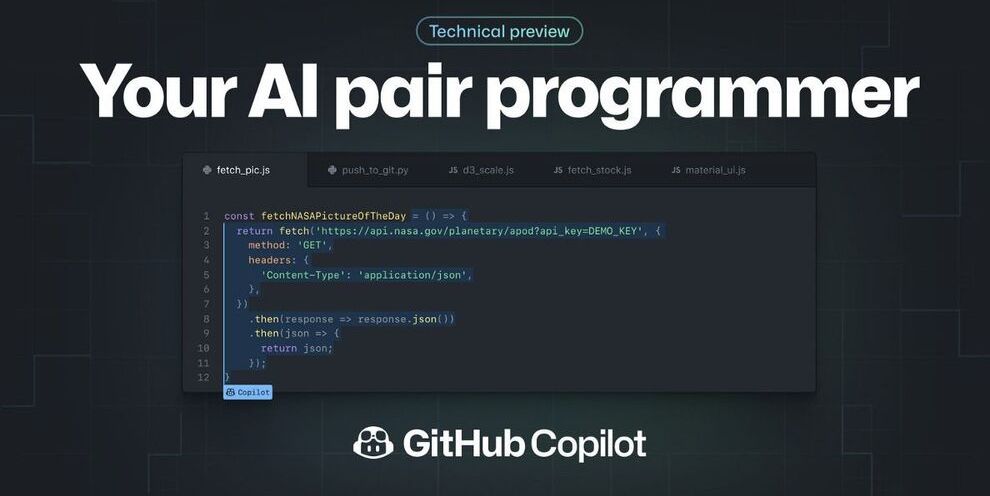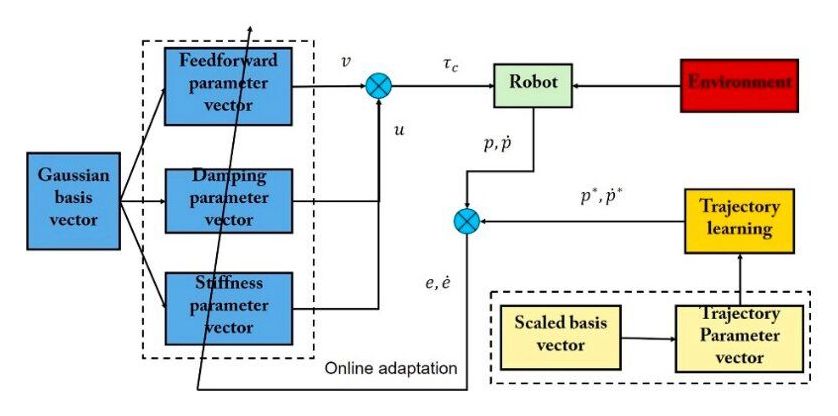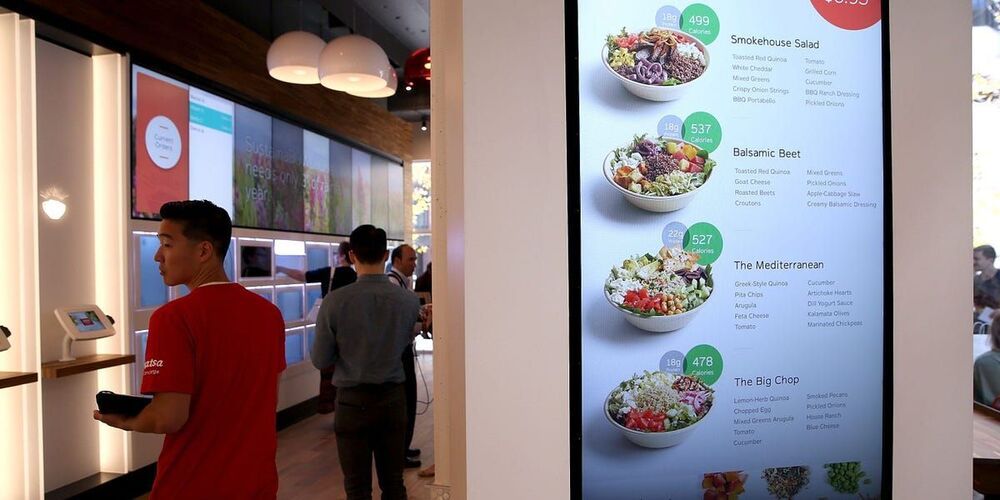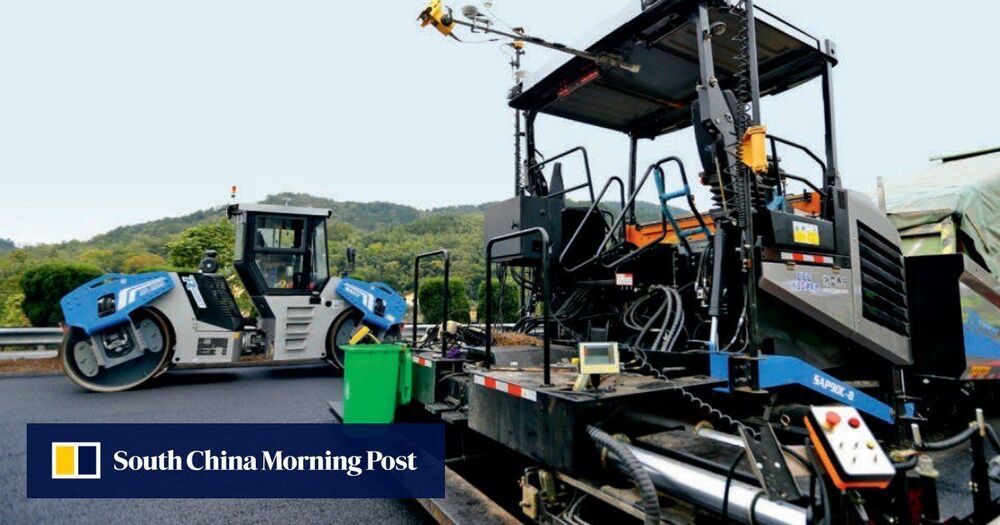After the program was first revealed in 2019, the Air Force’s then-Assistant Secretary of the Air Force for Acquisition, Technology and Logistics Will Roper stated he wanted to see operational demonstrations within two years. The latest test flight of the Skyborg-equipped Avenger shows the service has clearly hit that benchmark.
The General Atomics Avenger was used in experiments with another autonomy system in 2020, developed as part of the Defense Advanced Research Projects Agency’s (DARPA) Collaborative Operations in Denied Environment (CODE) program that sought to develop drones that could demonstrate “collaborative autonomy,” or the ability to work cooperatively.





